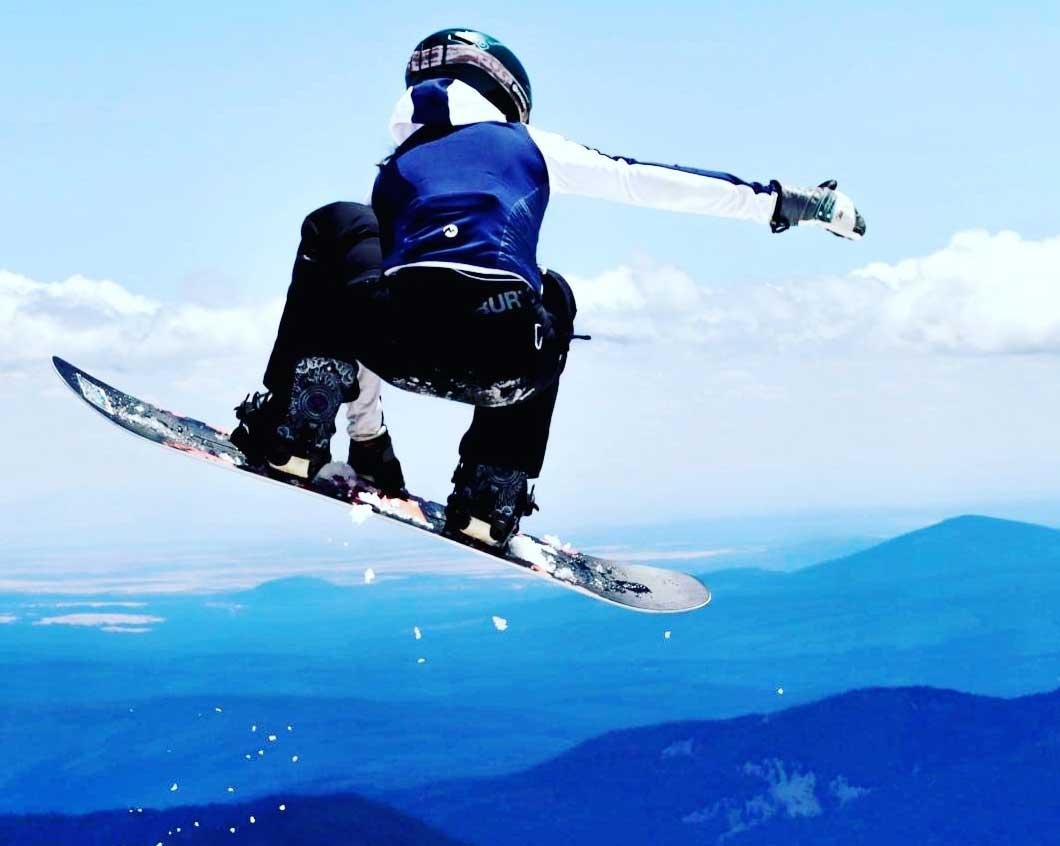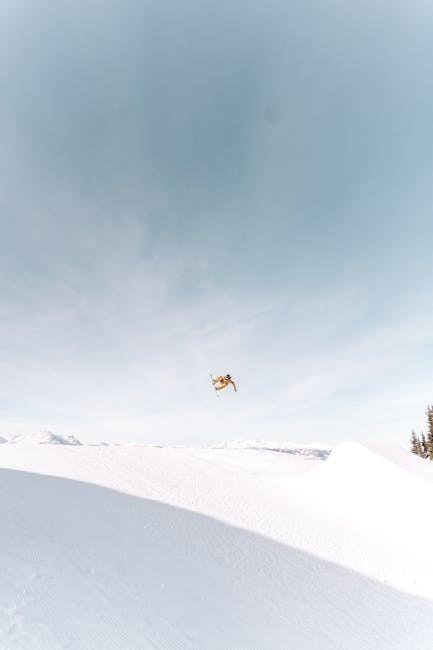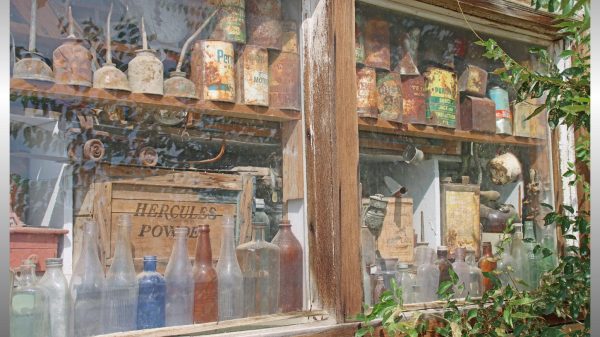In recent years, professional freestyle snowboarding has experienced a meteoric rise, capturing the attention of audiences worldwide and transforming into a multi-million-dollar industry. This evolution, marked by increasingly sophisticated tricks and competitive events, has undoubtedly elevated the sport to new heights of recognition and acclaim. However, amid this rapid professionalization, a growing discourse questions whether the essence of snowboarding—a sport once defined by its rebellious spirit and countercultural roots—is being compromised. As corporate sponsorships and media contracts become more prevalent, concerns emerge regarding the potential erosion of the sport’s original ethos. This article delves into the intricate dynamics of professional freestyle snowboarding’s evolution, examining whether its newfound prominence enhances or undermines the authentic spirit that once defined it. Through an exploration of historical context, industry trends, and athlete perspectives, we aim to uncover the implications of this transformation on the sport’s core identity.
The Commercialization of Freestyle Snowboarding and Its Impact on Tradition
The emergence of professional freestyle snowboarding has undeniably reshaped the landscape of the sport. With lucrative sponsorship deals, televised competitions, and the growing influence of social media, the sport has transformed from a countercultural activity into a mainstream spectacle. This commercialization has brought increased visibility and funding, allowing for advancements in equipment and training facilities. However, it also raises concerns about whether the original ethos of creativity and individuality is being overshadowed by the pressures of performance and profitability.
Traditionally, freestyle snowboarding was celebrated for its rebellious spirit and emphasis on self-expression. Yet, as the sport becomes more structured, with rigid competition formats and standardized judging criteria, there is a risk of losing the freeform artistry that once defined it. Critics argue that the focus on winning and marketability can stifle innovation and discourage risk-taking. Despite these challenges, there are still pockets within the community that strive to maintain the sport’s original values, emphasizing:
- Creativity over conformity
- Community over competition
- Passion over profit
Ultimately, the balance between preserving tradition and embracing progress will determine the future trajectory of freestyle snowboarding.
Balancing Professionalism and Authenticity in Snowboarding Culture
In the evolving landscape of snowboarding, the surge of professional freestyle competitions has sparked a debate about the preservation of the sport’s original ethos. Professionalism brings with it a myriad of opportunities: sponsorships, global recognition, and the push for athletic excellence. However, it also introduces elements of commercialization that can sometimes overshadow the sport’s authentic roots. For many enthusiasts, snowboarding has always been about freedom, creativity, and a sense of community that thrives on shared experiences rather than competition.
- Creativity vs. Competition: The heart of snowboarding lies in its creative expression. Professional circuits often emphasize technical precision and competitive scoring, which can sometimes stifle the spontaneous, artistic side of the sport.
- Commercial Influence: With big brands entering the scene, there’s a noticeable shift towards market-driven narratives. While this can help grow the sport’s visibility, it risks prioritizing profit over passion.
- Cultural Preservation: Balancing the demands of professionalism with the preservation of snowboarding’s laid-back culture is crucial. Ensuring that the sport remains inclusive and true to its roots can help maintain its unique spirit.
Ultimately, the challenge lies in harmonizing these two aspects—embracing the benefits of professional growth while safeguarding the culture that makes snowboarding so special. By fostering environments where both competitive and recreational riders can thrive, the sport can evolve without losing its core identity.

The Role of Sponsorships in Shaping Modern Snowboarding
In the exhilarating world of snowboarding, sponsorships have emerged as a double-edged sword, pivotal in both advancing the sport and altering its original essence. On one hand, they provide crucial financial support that allows athletes to dedicate themselves entirely to their craft. This support has led to the development of new tricks, the creation of innovative gear, and the growth of competitive events that push the boundaries of what is possible on the slopes.
- Financial Backing: Enables athletes to focus on training and performance.
- Gear Innovation: Encourages the development of cutting-edge snowboarding equipment.
- Event Sponsorship: Facilitates larger, more frequent competitions with substantial prizes.
However, this influx of corporate influence has also introduced a commercialized aspect that some purists argue detracts from the sport’s grassroots origins. The pressure to perform for sponsors can sometimes prioritize showmanship over the genuine joy and freedom that snowboarding originally embodied. As brands increasingly dictate the direction of the sport, there is a concern that the authentic spirit of snowboarding—marked by individualism and a rebellious attitude—may be overshadowed by a focus on marketability and profit.

Strategies for Preserving the Core Values of Freestyle Snowboarding
To maintain the authentic spirit of freestyle snowboarding amidst its professional evolution, it’s crucial to focus on several key strategies. Encouraging grassroots involvement is paramount. This can be achieved by supporting local events and clubs that foster community-driven snowboarding culture. By nurturing the next generation of riders in a non-commercial environment, the sport can preserve its original ethos.
- Emphasize creativity over competition: Encourage riders to prioritize personal expression and unique style rather than solely focusing on competitive success.
- Promote diverse styles: Celebrate and integrate various snowboarding disciplines to enrich the culture and appeal to a broader audience.
- Support sustainable practices: Advocate for environmentally conscious practices within the sport to align with the community’s values of respect for nature.
By implementing these strategies, the freestyle snowboarding community can ensure that the sport remains true to its roots, even as it gains professional acclaim.










